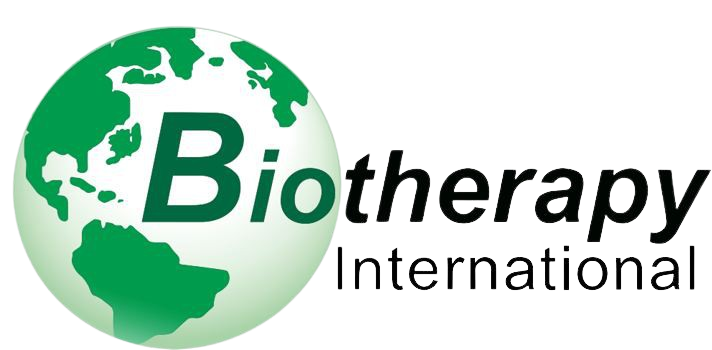Parkinson’s disease is a degenerative neurological condition that leads to a progressive loss of mobility, walking, balance, talking and coordination. Usually, these symptoms are very mild at first, and tend to progress to include progressive fatigue with mental and behavioural changes.
Causes of Parkinson’s disease
The neurological degeneration that is behind Parkinson’s sets off when the brain cells that control movement are damaged. These brain cells, or neurons, are in charge of producing dopamine and norepinephrine, two key neurotransmitters that control many autonomic functions in the nervous system.
Although there is still room for debate about the reason why dopamine-producing cells die, it is now widely believed that this is caused due to an inflammatory process, which produces clumps of alpha-synuclein proteins known as Lewy bodies. However, it is still unclear if the presence of Lewy bodies can worsen or trigger Parkinson’s disease.
Finally, exposure to certain environmental toxins may increase the risk of developing Parkinson’s disease later in life.
Treatment consists of levodopa (L-DOPA) or dopamine agonists and deep brain stimulation.
Mesenchymal Stromal Cell Treatment against Parkinson’s disease
The ability to differentiate Mesenchymal Stromal Cells (MSCs) into different types of nerve cells offers some hope for patients with Parkinson’s disease. MSCs derived from a patient’s bone marrow, or from expanded fat tissue. They can be used therapeutically for induction of anti-inflammatory effects. Since under laboratory conditions MSCs can be differentiated into dopaminergic-like neurons that can secrete dopamine, there is hope that in the future, targeting dopaminergic neurons into the correct anatomical location of dopamine-producing cells, into the substantia nigra in the brain, may eventually replace patient’s damaged dopamine producing cells.
Other Approved Treatments for Parkinson’s disease
An alternative treatment approved for the treatment of Parkinson’s disease is provided by Biotherapy International using repetitive deep Transmagnetic stimulation. Our Tel Aviv clinic has an approved device for treatment of the central nervous system, specifically modified for treatment of the spinal cord as well as the nervous system in addition to brain cells. The use of our deep transmagnetic stimulation device has been approved by regulatory authorities in both Israel, Europe and most recently also in the USA. The use of deep transmagnetic stimulation has been also approved for treatment of a long list of neurological conditions, in addition to Parkinson’s disease. Based on theoretical consideration and assuming that secondary inflammatory reactions follow damage to any section of the central nervous system, it is our working hypothesis that treatment with deep transmagnetic stimulation can be safely supplemented to treatment with MSCs.


